As winter approaches, many of us reach for room heaters to stay warm and cozy. While these devices—especially the best room heaters or energy-efficient heaters—offer instant relief from the cold, sleeping with them on can pose serious health risks. From disrupting your sleep quality to compromising your immune system, the downsides are often overlooked. This article dives deep into why keeping a heater running overnight could harm your well-being, exploring six key dangers backed by science and expert insights. Whether you’re prioritizing sleep hygiene, heart health, or overall wellness, understanding these risks can help you make smarter choices for a healthier winter.
Is It Bad To Sleep With The Heater On?
How Room Heaters Disrupt Your Sleep Quality
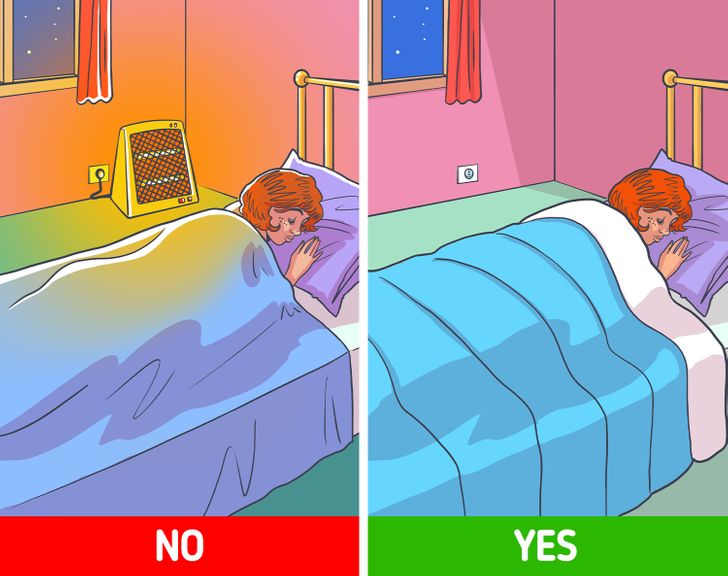
Sleep is the cornerstone of good health, and temperature plays a critical role in how well we rest. According to the National Sleep Foundation, the ideal bedroom temperature for optimal sleep is between 60 and 67°F (15.6–19.4°C). When a room heater pushes the air beyond this range, it can throw your sleep cycle into chaos.
Why Heat Sabotages Sleep
Excessive warmth from a heater can interfere with your body’s natural cooling process, which is essential for falling and staying asleep. Overheating may lead to sleep disturbances like insomnia, night sweats, or restless tossing and turning. Research shows that high temperatures can reduce time spent in deep REM sleep—the restorative phase that boosts memory and mood.
Real-Life Impact
Imagine waking up groggy, drenched in sweat, and unable to focus. That’s the reality for many who sleep with heaters on. Poor sleep quality doesn’t just ruin your day—it can increase stress, impair productivity, and even weaken your immune system over time.
Sleep Better Without Heat
To improve sleep hygiene, ditch the heater and opt for breathable bedding like cotton sheets or lightweight blankets. A programmable thermostat or energy-efficient heaters with timers can maintain a cozy yet safe temperature without overheating your room all night.
Room Heaters and the Risk of Chest Pain and Heart Problems
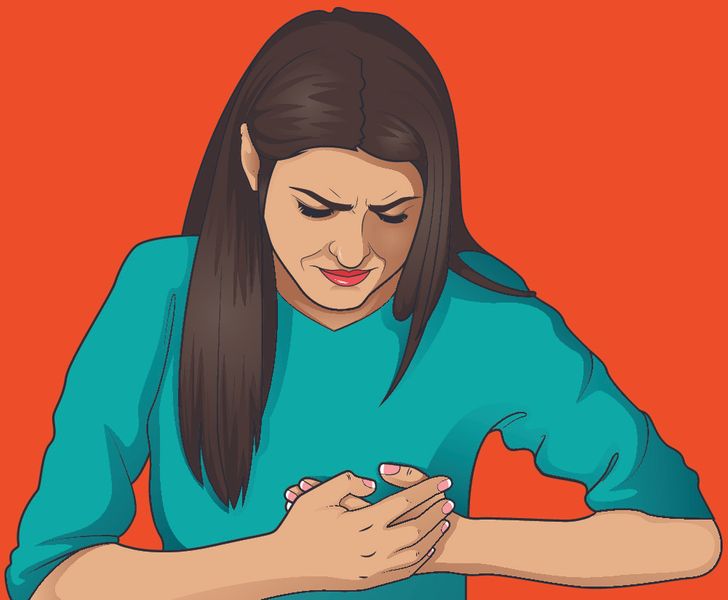
Your heart works hard to keep you alive, but sleeping with a room heater on can push it into overdrive. Heat-related stress on the cardiovascular system is a real concern, especially for those with existing conditions.
The Heat-Heart Connection
When your bedroom gets too warm, your heart pumps faster to regulate body temperature. According to the American Heart Association, this increased workload can spike blood pressure and heart rate, potentially triggering chest pain causes like angina. Overheating also dehydrates the body, thickening blood and raising the risk of clots or arrhythmias.
Who’s at Risk?
Older adults, people with hypertension, or those using gas-powered heaters (which may emit carbon monoxide) face heightened heart health risks. A 2021 study found that prolonged heat exposure correlates with a 15% higher chance of cardiovascular strain during sleep.
Protect Your Heart
Keep your bedroom cool and hydrate well before bed. If you rely on a heater, choose a low setting and avoid sleeping too close to it. Pair this with heart-healthy habits—like exercise and health supplements—to reduce strain on your system.
The Impact of Room Heaters on Male Fertility
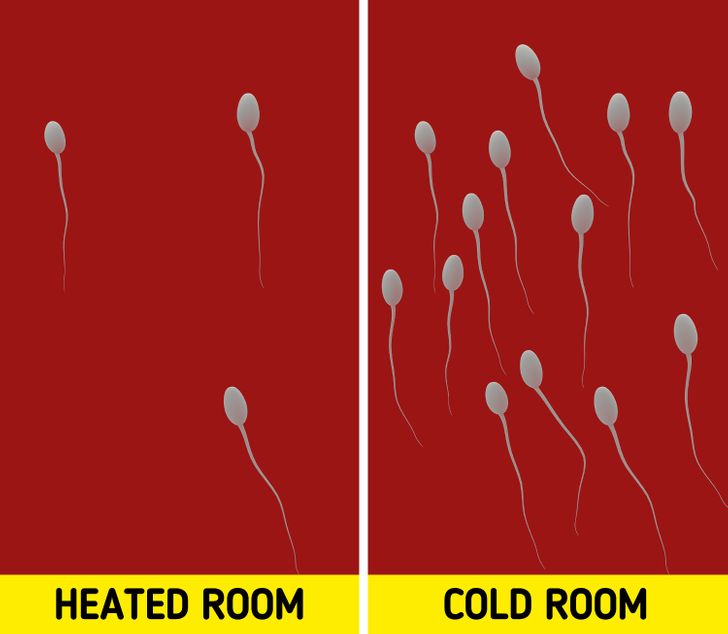
For men, sleeping with a room heater on could silently undermine reproductive health. The link between heat and male fertility is well-documented, and it’s all about temperature control below the belt.
Heat’s Effect on Sperm Health
The testes function best at 2–4°F below body temperature. A room heater’s warmth can elevate scrotal heat, damaging sperm production. A study in Fertility and Sterility (source) found that men exposed to high temperatures for extended periods had lower sperm count and motility—key factors in male reproductive health.
Beyond Conception
Chronic overheating may also contribute to erectile dysfunction or hormonal imbalances, further complicating fertility tips for couples trying to conceive. This isn’t just a short-term issue—prolonged exposure could have lasting effects.
Safeguard Your Fertility
Men can protect their reproductive potential by keeping bedrooms cool (think fans or open windows) and avoiding tight, heat-trapping sleepwear. Small changes now could mean big wins for future family planning.
Why Room Heaters Dry Out Your Skin
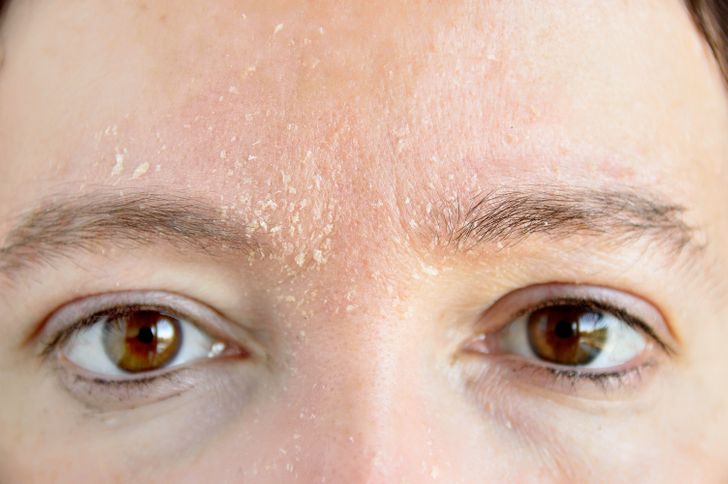
Dry, flaky skin isn’t just a winter annoyance—it’s a direct consequence of sleeping with a room heater on. Heat zaps moisture from your skin, leaving it vulnerable to irritation and premature aging.
How Heat Affects Skin
Heaters reduce humidity, stripping your skin’s natural oils. The American Academy of Dermatology warns that low moisture levels cause dry skin conditions like eczema, cracking, and itchiness. Over time, this dehydration can accelerate wrinkles and dullness.
The Vicious Cycle
Dry air also prompts your skin to overproduce oil as a defense, clogging pores and sparking acne. For those already battling skin hydration issues, a heater only makes matters worse.
Restore Your Glow
Combat dry skin remedies by using a humidifier alongside your heater to maintain 40–60% humidity. Slather on a rich moisturizer before bed, and drink plenty of water. Your skin will thank you—and so will your mirror.
How Room Heaters Turn Bedroom Air Toxic
Air quality matters, especially where you sleep. Room heaters, particularly older or unvented models, can degrade indoor air quality, exposing you to harmful pollutants overnight.
The Pollution Problem
Gas or kerosene heaters release carbon monoxide (CO), a silent, deadly gas. Even electric heaters can stir up dust, allergens, or volatile organic compounds (VOCs) trapped in your room. The Environmental Protection Agency notes that poor air quality increases risks of headaches, respiratory issues, and long-term conditions like asthma.
Dry Air, Bigger Risks
Heaters also dry out nasal passages, making you more prone to colds or sinus infections. Low humidity amplifies the spread of airborne viruses—bad news during flu season.
Breathe Easier
Invest in an air purification system or crack a window for ventilation. Regular maintenance of your heater (clean filters, anyone?) and a humidifier can keep your bedroom air safe and fresh.
Room Heaters and Their Toll on Your Immune System
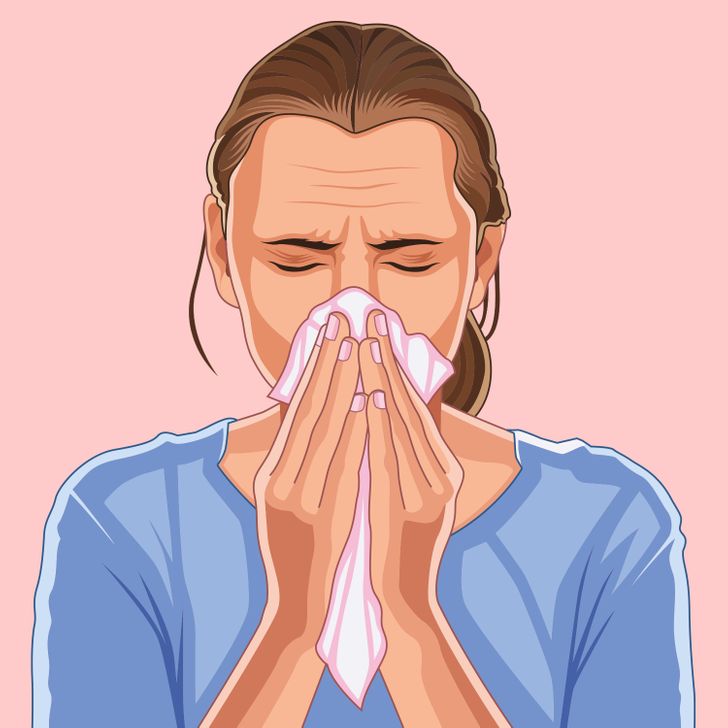
A strong immune system is your body’s shield against illness, but sleeping with a room heater on can weaken it when you need it most.
Heat’s Immune Impact
Overheating stresses your body, raising cortisol levels and disrupting immune function. According to the National Institute of Allergy and Infectious Diseases, poor sleep—often caused by excessive heat—further suppresses immunity, leaving you vulnerable to infections.
A Domino Effect
Toxic air, dehydration, and sleep loss from heaters create a perfect storm for sickness. Studies show that people sleeping in overheated rooms catch colds 20% more often than those in cooler environments.
Boost Your Defenses
Keep your bedroom at a crisp 65°F, layer up with blankets, and sip immune boosters like herbal tea before bed. A well-rested, cool body is your best weapon against winter bugs.
Conclusion: Stay Warm Without the Risks
Sleeping with a room heater on might feel comforting, but the health trade-offs—poor sleep quality, heart strain, fertility woes, dry skin, toxic air, and a weaker immune system—are too steep to ignore. You don’t need to shiver through the night, though. Swap the heater for safer alternatives like electric blankets, wool socks, or energy-efficient heaters with auto-shutoff features. By prioritizing your health over fleeting warmth, you’ll wake up refreshed, resilient, and ready to tackle the day.
For more tips on staying healthy this winter, explore our guides on sleep hygiene and indoor air quality. Your body deserves it.
Preview photo credit Depositphotos.com









Leave a Reply